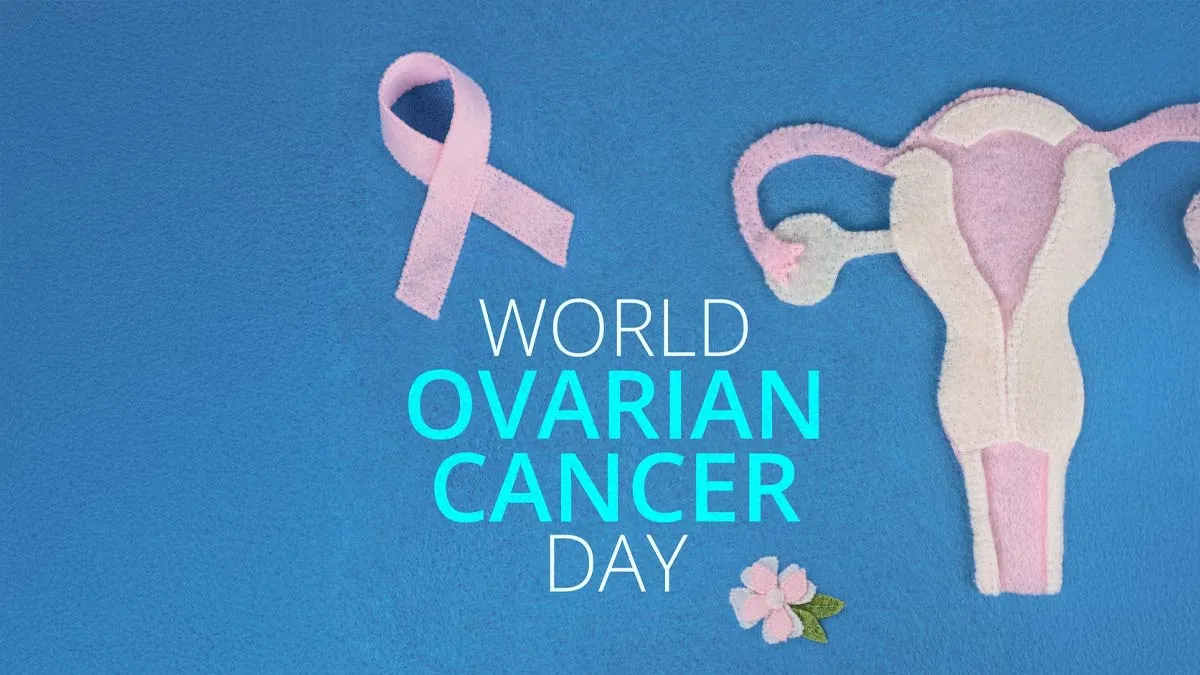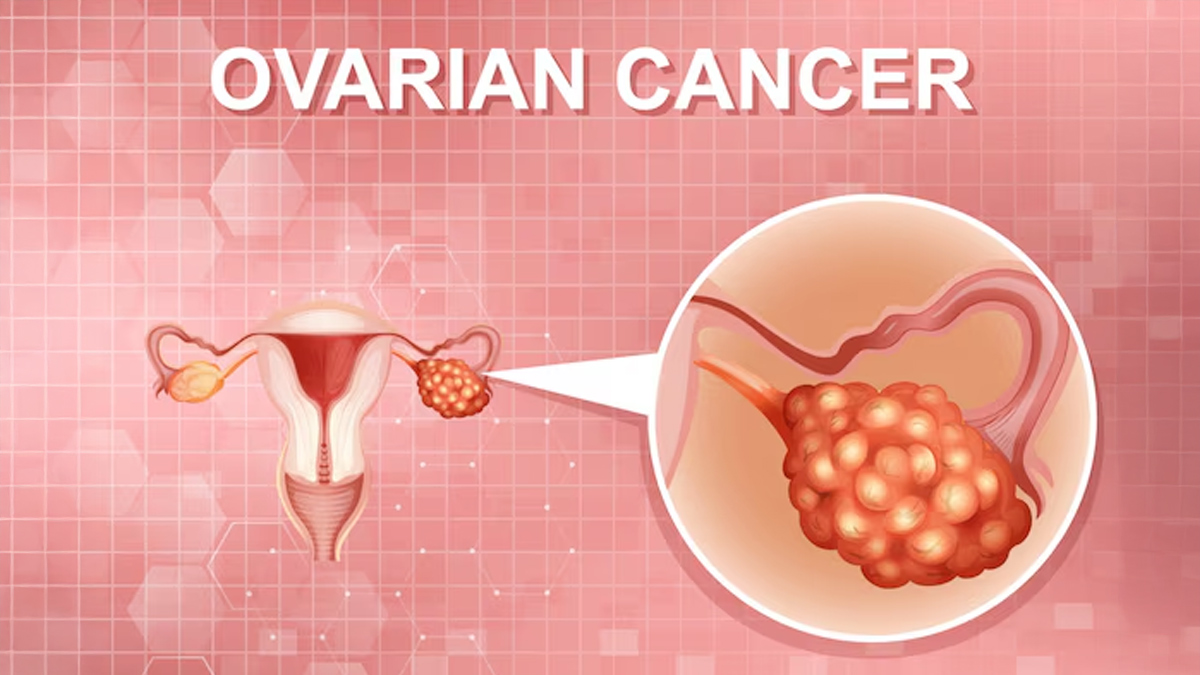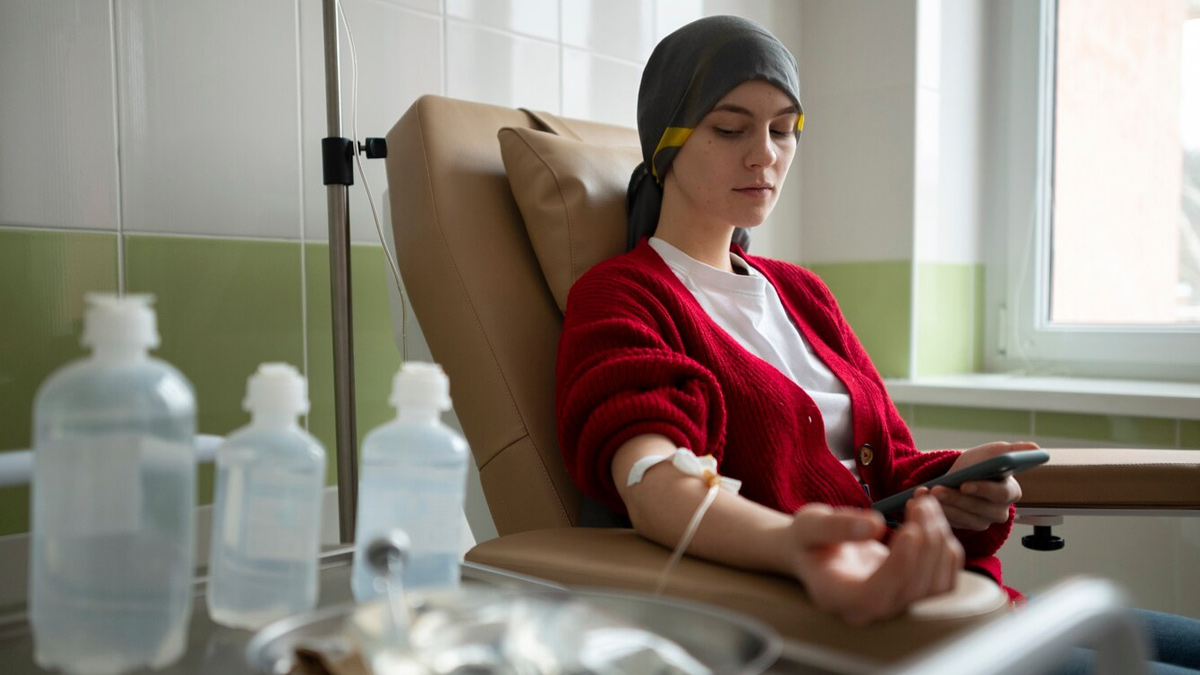
Facing a diagnosis of ovarian cancer can feel like navigating a sudden, daunting storm, especially given its quiet approach and often late detection. It is a path that many families and individuals travel with a sense of uncertainty and a strong desire for answers and effective care. Yet, even in the face of such a formidable challenge, a powerful current of hope is surging, fuelled by incredible scientific breakthroughs.
Table of Content:-
As we approach World Ovarian Cancer Day on May 8th, a global moment to raise our voices and awareness. It's the perfect time to explore how innovation is truly revolutionising treatment. We spoke to Dr Vaishali Paliwal, MS, FMAS, MCh Gynaecological Oncology, MRCOG, Associate Consultant – Gynaecological Oncology, Max Saket Superspeciality Hospital, Delhi, who explained the advanced treatments in ovarian cancer.
The Challenge of Early Detection

"Ovarian cancer is frequently referred to as the 'whispering' or 'forgotten' cancer due to its nonspecific symptoms, making it hard to detect in its early stages. With no effective way to screen for it, ovarian cancer often presents in advanced stages and has been the target of research and ever-expanding treatment options," said Dr Paliwal.
A 2017 study found that ovarian cancer is the seventh most commonly diagnosed cancer among women around the world and the tenth most prevalent in China. A woman's lifetime risk of developing OC is approximately 1 in 75, while her chances of dying from the disease are about one in 100. This cancer usually manifests at an advanced stage, resulting in a 5-year relative survival rate of just 29%.
Also Read: Ovarian Cancer: How To Detect The Disease Early If You have No Symptoms
Rise of Personalised Medicine and Genetic Testing

With the advent of genetic testing for patients with specific types of cancer, we gain additional insight into the patient's genetics to identify hereditary mutations that increase a person's susceptibility to developing cancer. “It also enables us to analyse the genes of the tumour itself, identifying specific mutations that can be targeted by newer therapies, thereby increasing precision and exemplifying what is now known as personalised medicine,” explained Dr Paliwal.
Evolving Surgical Interventions
Over the years, surgery for ovarian cancer has evolved from simple removal of the ovaries to the removal of all affected areas and organs (diaphragm, spleen, liver parts, and intestines). This ultraradical surgery has drastically improved the survival of ovarian cancer patients. A newer approach involves combining surgery with HIPEC (heated chemotherapy) in selected patients with advanced ovarian cancer, which has been shown to improve overall survival by nearly a year.
Role of Chemotherapy

Chemotherapy is a crucial treatment for early-stage and advanced ovarian cancer. The standard therapy normally consists of a combination of two major drugs: Carboplatin and Paclitaxel. Besides these, several other effective drugs can be used for treating ovarian cancer.
Innovation is dramatically changing outcomes in ovarian cancer treatment shifting from traditional surgery and chemotherapy towards more targeted and personalised approaches.
Also Read: The Silent Illness: Expert Sheds Light On The Risk Factors Of Ovarian Cancer
Targeted Therapies: PARP Inhibitors
"These drugs interfere with the ability of cancer cells to repair DNA damage, making them particularly effective in tumours with existing DNA repair deficiencies, such as BRCA mutations. These mutations increase the risk of breast and ovarian cancer in patients with the mutation. Some patients have remained disease-free for over seven years, and ongoing studies continue to determine the long-term efficacy of these treatments," added Dr Paliwal.
Role of Immunotherapy

Immunotherapy, which involves drugs like Pembrolizumab that activate the body's immune system against cancer cells, has shown promising results. Patients have shown dramatic responses to these drugs, including disease remission and survival.
Future Research and Emerging Trends
Studies are also investigating vaccines against recurrence in individuals with late-stage ovarian cancer. CAR T-cell therapy, in which a patient's T cells are modified to target cancer cells more effectively and then are infused back into the patient, is also under investigation.
Bottomline
Dr Paliwal concluded, "Despite these advances, the survival rates are still low, as the patients tend to relapse after the initial treatment, which is a big challenge. To overcome this, we require technologies that give us a better insight into tumour composition, which can result in more efficient targeted therapies and immunotherapies."
[Disclaimer: This article contains information provided by an expert and is for informational purposes only. Hence, we advise you to consult your professional if you are dealing with any health issue to avoid complications.]
Also watch this video
How we keep this article up to date:
We work with experts and keep a close eye on the latest in health and wellness. Whenever there is a new research or helpful information, we update our articles with accurate and useful advice.
Current Version